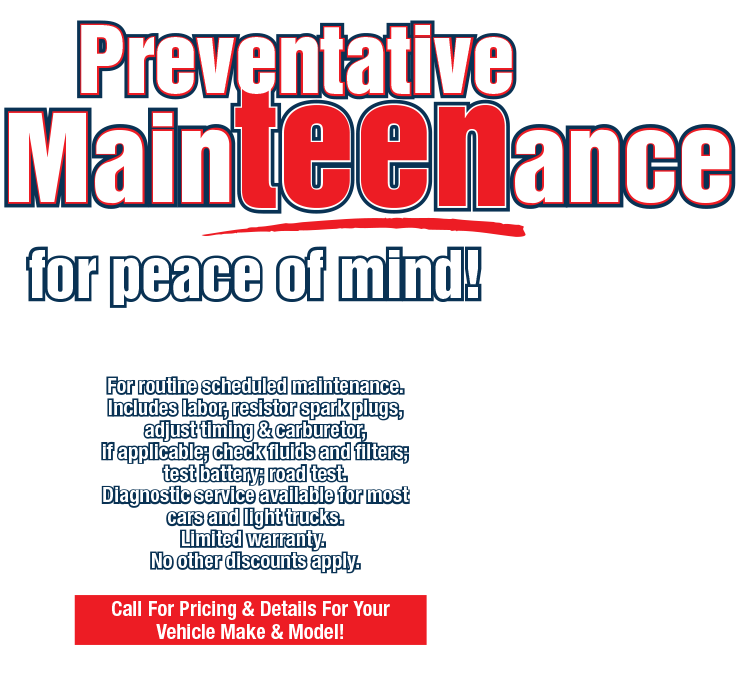Always on Guard (TMPS)
September 8, 2025
One of the most important things you can do to keep your vehicle running safely is to make sure your tires are properly inflated. If one or more is vastly over- or underinflated, that has the potential to cause major handling problems and may result in a dangerous accident.
All vehicles in recent years are equipped with Tire Pressure Monitoring Systems, or TPMS. One system uses small sensors in the tires that continually check the pressure in each tire. That sensor sends a signal to computers in your vehicle which turns on an instrument panel light warning of low pressure when at least one is very low. Or it may update a numeric reading on your instrument panel which gives you an approximation of how many PSI (pounds per square inch) of air is in each tire.
Another system works with your antilock brake system to measure the size of your vehicle’s tires. When one wheel is going faster than another, it will spin faster. A computer sees that and alerts you that tire’s diameter is smaller than the others and therefore must be underinflated.
No matter what system you have, it’s also helpful for you to know how much pressure each tire is supposed to be inflated to. You can find that on a label on the driver’s side door sill. In addition, the TPMS system should not be used as a substitute for checking your tires with a tire gauge since the TPMS accuracy usually isn’t quite as precise. Keep in mind that tire sensors can fail, so each system acts as a backup for the other.
Since many vehicles these days don’t have spare tires, it’s good to know that your TPMS can warn you if you have a leak in one of your tires. If you get a low-pressure warning, many systems will tell you which tire is low, so you can do your own visual check. Often you can see if you’ve picked up a nail or a screw if it’s sticking out of the tread or near the sidewall.
Being able to receive an early warning from your vehicle of abnormal tire pressure may give you a chance to safely drive to a service center before your tire slowly goes completely flat (which can ruin the tire and badly damage the rim). It also may ultimately prevent you from being stranded somewhere with a flat tire or, most importantly, having a sudden blowout on the road.
Car Fix Libertyville
311 South Milwaukee Avenue
Libertyville, IL 60048
8478738044
http://carfixlibertyville.com
Need Service?
More articles from Car Fix - Libertyville

Alternator Facts (Failing Alternator)
December 14, 2025
If you notice that your headlights are flickering at night, that's something to pay attention to. While there could be many different things that could cause that problem, one possibility is your vehicle's alternator. The alternator takes mechanical energy from the engine and turns it into electr... More

Such a Little Part (Climate Control Resistor)
December 7, 2025
You expect your heater/air conditioner to work like it should. You have a control for temperature and one for fan speed. You even have a control for what vents the air comes out of. Don't be surprised one day if your blower fan develops a mind of its own and starts going crazy. Most of the ti... More

Why did my vehicle fail its emissions test?
November 30, 2025
We all want to breathe clean air and keep our planet green. One of the ways to do that is by requiring all vehicles with internal combustion engines to pass an emissions test. Thats because these vehicles can be big polluters. Everyone wants their car to pass the test so they can continue the... More








